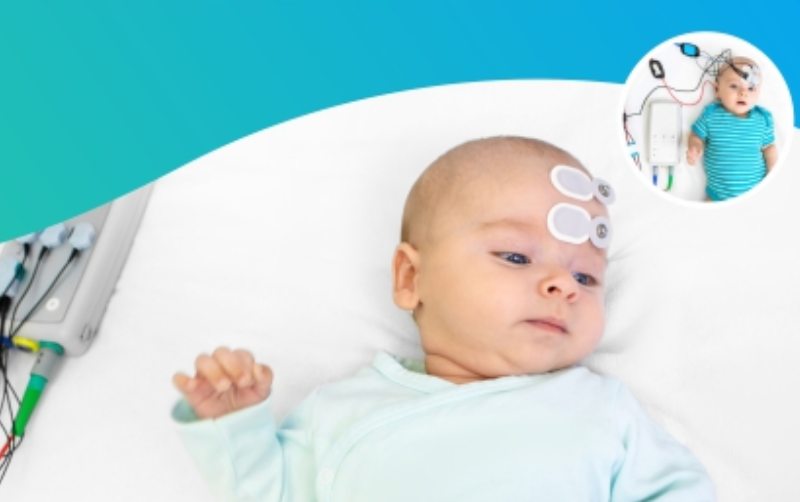BERA (Brainstem Evoked Response Audiometry) is an objective test used to determine how electrical waves are sent from the eighth cranial nerve to the brainstem in response to click noises delivered through the ear.
Examine the anatomy in greater detail.
Jewett and Williston initially described the Brainstem Evoked Response in 1971. An audiologist is usually the one who performs the test and interprets the results.
When sound reaches the eardrum, it travels through the outer ear canal & stimulates it. The malleus, incus, and stapes, three tiny bone fragments in the eardrum, transmit vibrations to the inner ear. The cochlear, which is involved in listening, and the vestibular portion, which is aimed at maintaining balance, are both located in the inner ear. The 8th cranial nerve, commonly known as the vestibulocochlear nerve, transmits hearing and balancing signals from the inner ear to the brainstem, a key portion of the brain.
BERA is a test that detects any abnormalities in the cranial nerve or brainstem. The test is advised for new-borns who are at significant risk of hearing loss and cannot be tested with standard audiometry.
BERA Test Price in Delhi: What is the test all about?
It’s done if an infant or baby fails the auditory screening test given shortly after birth in the hospital, or if an older child has a suspicion of hearing problems that haven’t been confirmed by more traditional hearing tests.
- The BERA exam is painless and safe.
- Once the child is asleep or lying motionless, comfortable, and with their eyes shut can the BERA test be conducted.
- If your baby is under the age of six months, the ABR test can usually be done when he or she is sleeping.
- If your kid is older than 7, the BERA test can usually be performed while he or she is awake as long as he or she can rest and lay still. The test will take place in an Audiology department sound-treated room.
- The ABR test is performed under anaesthesia for children aged 6 months to 7 years, which means your child will require medicine to help him or her rest throughout the procedure.
- Centres perform ABR tests under anaesthesia. When anaesthesia is required, there are specific eating and drinking guidelines that must be observed in the hours leading up to the procedure. The test will not be completed that day if these regulations are not followed.
- Your kid’s primary care practitioner will need to meet your kid for a medical to sign out a health history form after the tests are done under anaesthesia.
- The test takes roughly 1 hour to 1 1/2 hours, but owing to recovery time, the full visit will take about 2 hours without anaesthesia and up to four hours if your child requires an aesthetic.

